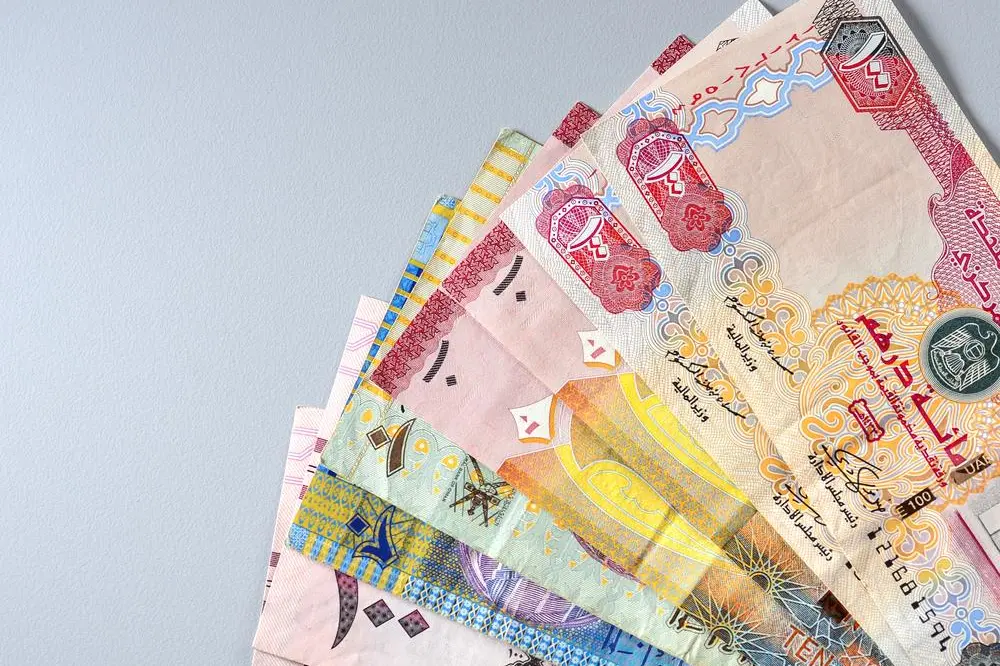PHOTO
LONDON- Most government funds are ill-equipped to handle crises such as COVID-19 and some sovereign investors may be hit by government withdrawals, liquidity struggles and mergers even after the pandemic, a report said on Wednesday.
Managing more than $26.5 trillion of capital, sovereign wealth funds and public pension funds are among the largest global investors.
But a report by Global SWF, a financial advisory boutique specialising in sovereign funds, found that the 100 largest funds failed in resilience, a gauge of their ability to respond to crises such as market crashes, withdrawals and other risks.
"Resilience is an issue of mounting concern," the report said. "Institutional investors still have a lot of work to do when it comes to legitimacy, discipline, spending control, strategic asset allocation and crisis management."
Resilience was measured according to whether funds had a robust risk management framework in place, were strategic in their asset allocation, and whether they had policies in place to avoid the depletion of the fund in the long term.
Funds performed better in criteria assessing governance, such as transparency on accounts and returns, and sustainability, which measures factors like environmental, societal and corporate governance practices.
Some funds may face government withdrawals, liquidity challenges and mergers after the pandemic, the report said.
Based on a set of 25 different criteria, the report found that Australia's Future Fund and New Zealand's NZ Super Fund were the most transparent, sustainable and resilient.
Funds from the Middle East generally lagged behind in the scoring, with only Abu Dhabi's Mubadala and Abu Dhabi Investment Authority and Arab Petroleum Investments Corporation (APICORP), a Saudi-headquartered multilateral development bank, earning a score of 50% or more in its assessment.
Saudi Arabia's Public Investment Fund, which has been snapping up international equity stakes recently, ranked 79 out of 100 funds. That was still above the bottom-ranked sovereign fund from Mongolia. Sovereign funds from Cyprus and Brunei also scored badly, as did the Libyan Investment Authority and the Oman Investment Fund.
The report also said the weight of some funds had been underestimated. It said ADIA's assets under management were $710 billion, Singapore's GIC were $590 billion, while Qatar Investment Authority held $345 billion and Oman's newly-established Oman Investment Authority was sitting on $31 billion.
(Editing by Catherine Evans) ((Tom.Arnold@thomsonreuters.com; +442075428510; Reuters Messaging: tom.arnold.thomsonreuters.com@reuters.net))





















